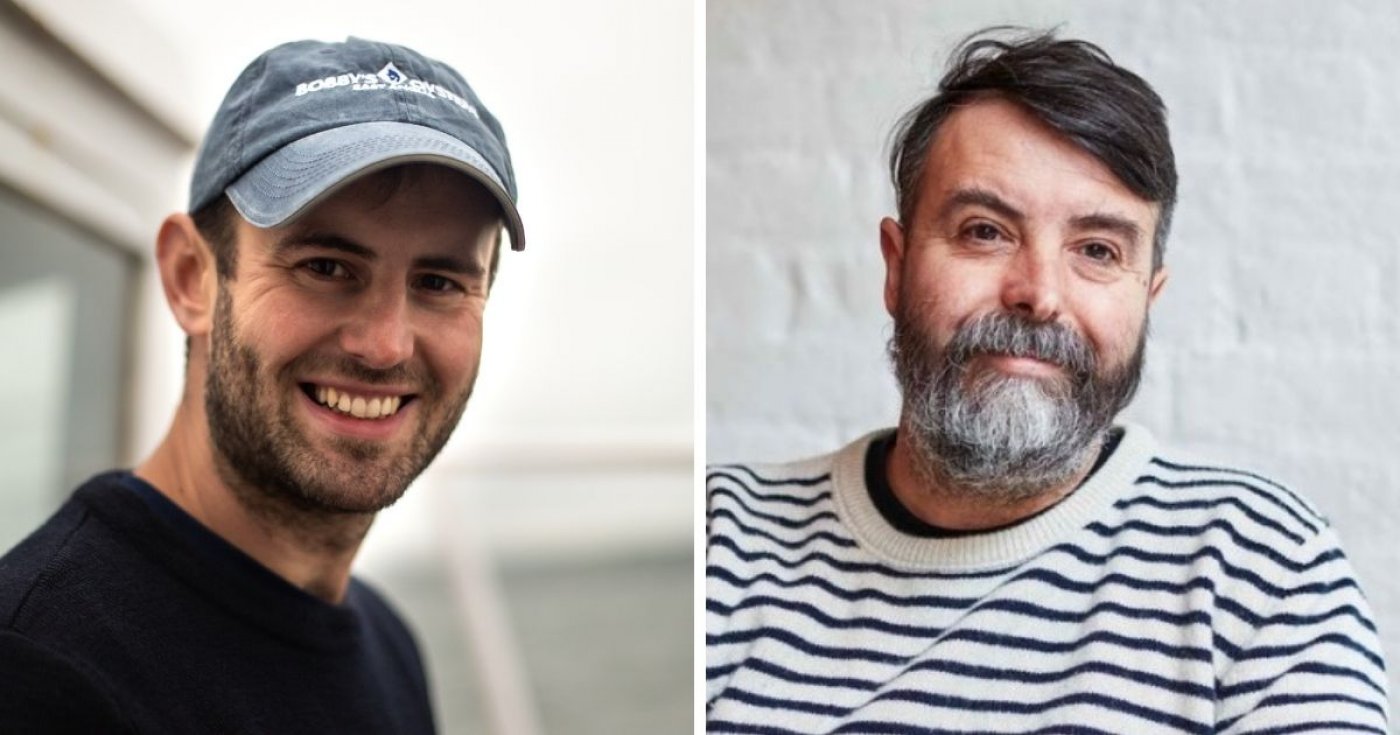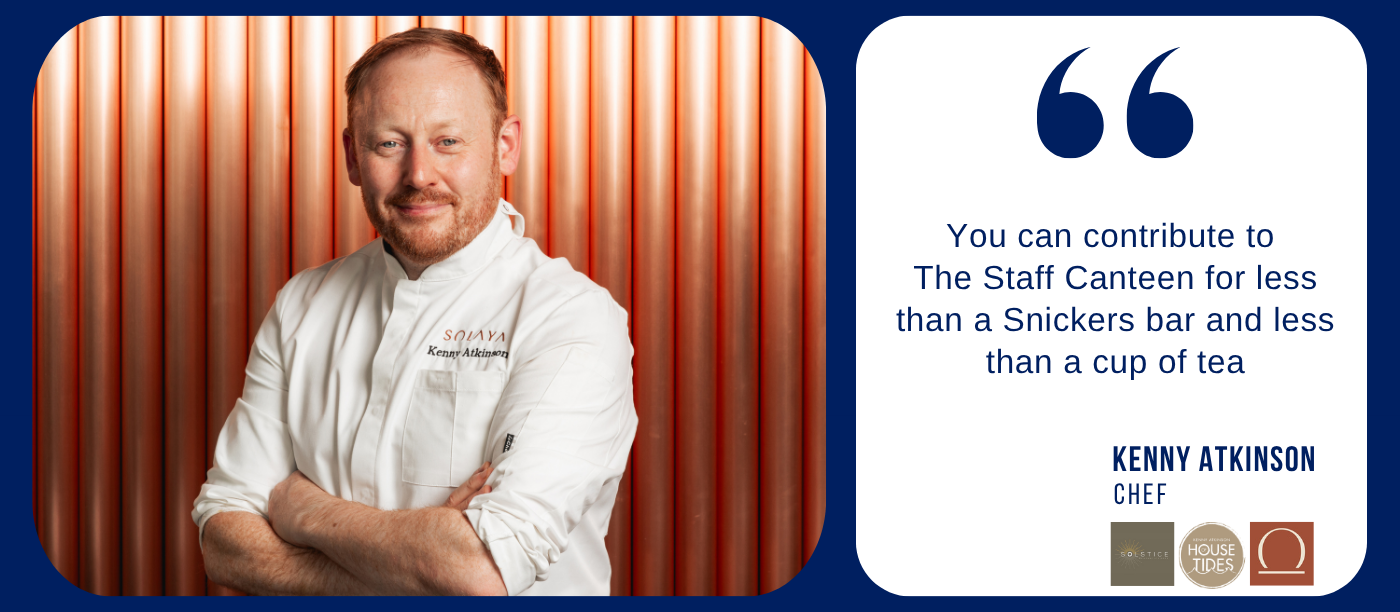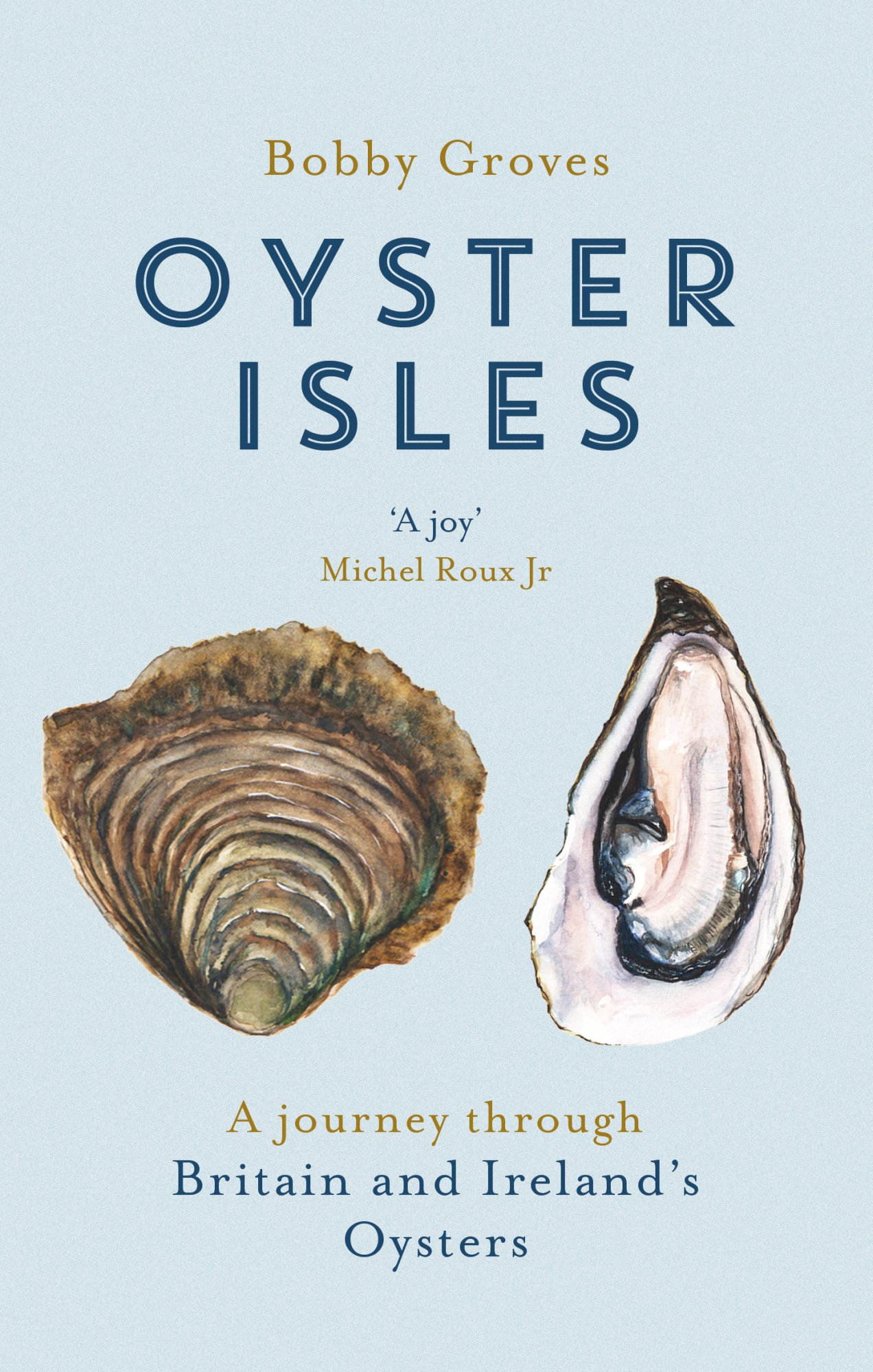'In London, when you come out of the tube at 2am and there's an illegal hotdog stand on the street - that would have been an oyster cart in the 1800s'

Bobby Groves was born and bred in Malden, and has been passionate about seafood since he was old enough to work. Now, he is Nuno Mendes' head oyster shucker at Chiltern Firehouse.
"When you speak to Bobby about oysters, he's like an encyclopedia, I've learned so much from him," Nuno said.
Not many restaurants have an oyster chef, but that is in essence what Bobby is.
"I have a section - like a kitchen section, but it's outside on a courtyard. I'm responsible for purveying and buying world-class shellfish."
His team of shuckers work alongside Chiltern Firehouse's head chef Richard Foster, and have their own "raw bar" section on the restaurant's menu.
To write his book, Oyster Isles: A Journey Through Britain and Ireland's Oysters, Bobby visited suppliers around the UK and Ireland, taking a 5,000 mile tour of the isles - including Jersey, Guernsey, and Herm - on a Triumph motorcycle, giving him an in-depth knowledge of each of the oyster farms he visited.
Adamant that he would gather his information first-hand, he said that had he done so from the comfort of his own home, "I would have felt like I cheated the reader."
"There's only so much you can gleam from the Internet when Googling: 'what does Northumberland's coast look like?' You have to go and be there."
Why did Bobby embark on such a journey, you might ask?
"There was a gap in the knowledge of British and Irish oysters," he explained, and while some books touched on specific areas, "there wasn't a holistic view of what was going on along all of the coasts, and I like to include Ireland in that because I don't care about politics, when you look at Europe, culturally, we're very similar."
Plus, he said, "Being an Essex boy, you're always defending where you come from, because people always slag off Essex."
From the market stalls he manned in Malden as a teenager all the way to Chiltern, "people would always be shocked that Britain had oysters - particularly Essex."
Inspired by Neal's Yard Dairy's regard for British and Irish cheese, he wanted to promote the world-class oysters the country has to offer, too.
"I thought Neal's Yard Dairy did an incredible job in the last forty years of promoting British and Irish cheese - which is world-class, in my opinion."
Akin to the Portuguese ham, which despite

getting a lot less attention than its Spanish counterpart, is of spectacular quality, the book aims to dispel people's preconceptions about provenance.
"We like to promote awesome food that should be well known," Bobby said, and Nuno added: "In food, we've really changed so much and we've become fiercely local. The British isles have become really respected for food and we need to showcase that in our seafood."
"The products from the sea here are second to none - just about on par with Portugal," he laughed.
"We need to scream and shout about it; we need to re-educate and give our guests a chance to experience the product and create an opinion for themselves."
Despairing at the lack of importance given to provenance, through their work both Bobby and Nuno want to support the producers doing great work in the shadows.
"You can see the shift in paradigm in food - it's definitely happening," he said.
"I hope that Oyster Isles can add to that and people can use it as a little handbook to go and really explore UK and Ireland oysters."
Nuno explained that this phenomenon happened in Portugal, too, and producers were left in dire straights. For him, the importance of supporting them is on a level with the value found in the quality of their produce.
"There are amazing fisheries around the isles and they need visibility and support. In these times, we have to try to support our neighbours and friends, because we depend on them and they depend on us."
Great British seafood for the masses
The most tragic part of our dissassociation with our "merroir" is that it hasn't always been this way: historically, working class Brits ate much more local seafood, Bobby explained.
"In London, when you come out of the tube at 2am and there's an illegal hotdog stand on the street - that would have been an oyster cart in the 1800s."
"It was a food of the poor, and in Ireland particularly it really helped sustain the coastal communities during the famine, like limpets and razor clams and oysters."
Good food and good deeds
As well as serving as a comprehensive guide on oysters for everyone - from novices and those who recoil at the idea of oysters to seafood enthusiasts, the book also shines a light on the beauty of British coastal areas, like the beautiful Hebrides in Scotland.
It also touches on the locals' struggles to keep these beautiful seascapes intact, by, for instance, battling with private water companies dumping waste unbeknown to the authorities.
The most important thing to strive for, he concluded through his research, is a coordinated approach: "You have the oyster man, you have the government, you have the nature conservation person and the local councillor all having the same conversation and that we in the restaurant world know what's going on so we can be a part of it and we can vote with where we're buying shellfish."

For 17 years, The Staff Canteen has been the meeting place for chefs and hospitality professionals—your stories, your skills, your space.
Every recipe, every video, every news update exists because this community makes it possible.
We’ll never hide content behind a paywall, but we need your help to keep it free.
If The Staff Canteen has inspired you, informed you, or simply made you smile, chip in £3—less than a coffee—to keep this space thriving.
Together, we keep the industry connected. Together, we move forward.















